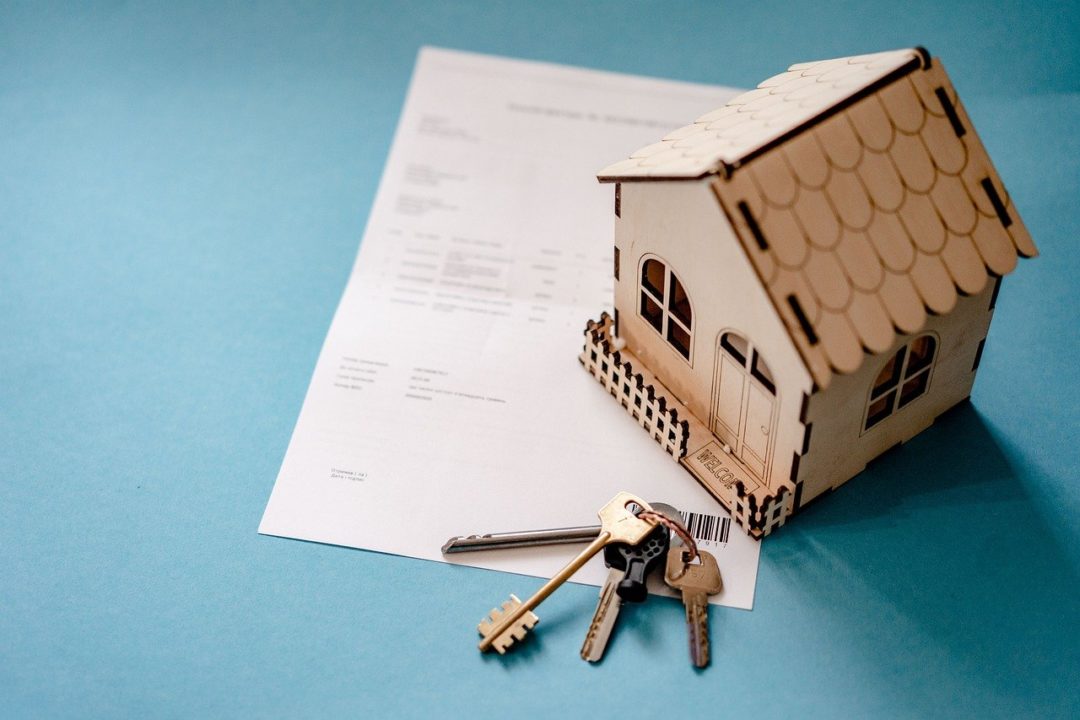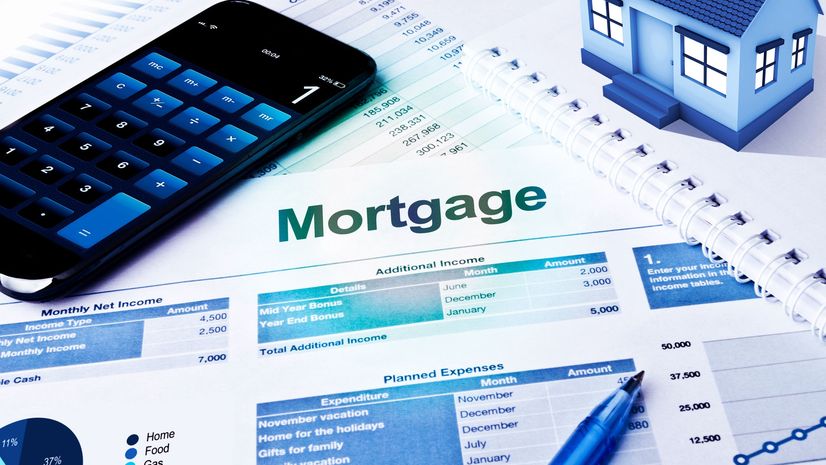Selling Real Estate Notes – How To Maximize Your Value
Before we discuss what it takes to selling real estate notes, it’s important we understand exactly what a note is. Truth is, there are a vast amount of people looking to sell real estate notes that are simply worthless. Your’s could be as well if you don’t understand the following basics.
Without the correct understanding of a real estate note and having the correct, legal documents in hand, you could find yourself barking up the wrong tree if you desire to sell a mortgage note.
For a thorough understanding of mortgage notes and everything you must pay attention to if you’re ready to sell a real estate note, please read on.
First Things First, What Is A Note?
A mortgage note (also called a real estate note or promissory note) is a legal contract between a borrower and a lender that obligates the borrower to pay the loan/mortgage off in a given time frame. The contract creates a lien by pledging real property as security for a debt. Mortgage notes go hand in hand with the deed of trust note, which transfers ownership of the property from the seller to the buyer.
Simply put, it is a legal document that serves as an IOU from a borrower to a creditor or an investor.
For the actual legal mumbo jumbo definition of a mortgage note, you can also visit this mortgage note definition here.
What Information Is Needed to Create a Mortgage Note
The creation of mortgage notes can be confusing because in general they contain a lot of paperwork. However, a simple checklist as below can serve you well if you plan to create a mortgage note yourself.
In general, in order to create a legally binding mortgage note, you must have at least the following information in your contract.
- The total $$$ amount borrowed.
- The interest rate being charged on the note and whether or not it is a Fixed or Adjustable rate.
- The date payments are due.
- The loan term. Is it for 30, 20, or 15 years or somewhere in between?
- The place where payments are to be made.
- Payment schedule. Are the payments to be monthly or bimonthly?
- Is there a balloon payment? Meaning, are you obligated to make a much larger payment in the future versus your normal monthly payment?
- Is there a prepayment penalty on the loan? Meaning, will you be penalized if you pay off the loan too early?
- Down payment? Does the mortgage require a down payment? If so, how much?
- Late payment consequences? What happens if you don’t make your monthly payment on time?
Simply put, in order for a proper mortgage note to be created, it must have at least the above items addressed somewhere in the paperwork. Believe it or not, there are people who create mortgage notes which they one day hope to sell but they don’t address all the important factors above.
If not done properly, the mortgage note you created could be worthless. This is why it’s in your best interest to use a qualified attorney to create your mortgage notes.
What Are The Different Types Of Mortgage Notes
There are several types of mortgage notes in existence. To make the understanding easy however, mortgage notes can be broken down into the following sub categories:
- Secured
- UnSecured
- Private
- Institutional
A Secured Note is one which is considered to be collateralized which simply means there is a tangible asset tied to the note. In other words, if the borrower enters into a secured note contract and fails to abide by the note terms, the lender can take legal action to take ownership of the real estate or asset that was used as the collateral.
In the world of mortgage notes, the real estate associated with the contract is the collateral. In the world of a car note however, the car is the collateral. In general, anything can be used as collateral when creating a secured note.
An Unsecured Note on the other hand is pretty much the opposite of a secured note in that there is no asset pledged as collateral for the note. As such, an unsecured note is understandably riskier than a secured note.
A Private Note is simply a note created by a private individual. For example, if you were looking to sell your car to someone in the form of payments rather than a lump sum amount, when and if you created a note to legally bind that contract, you basically created a private note.
If you were to create a Private Note when selling a home, it is also sometimes referred to as a seller carry back or seller financed or owner financed notes. These types of notes are typically common when and if a seller has a lot of equity in their home at the time of sale.
When creating private notes, one has a lot more leeway in the terms of the note and the primary subject of this article is going to be about the sale of private notes.
An Institutional Note however, is pretty much the opposite of the Private Note, in that it is created by institutions such as banks or credit unions. When thinking of mortgage notes, this is what most people are referring to. Institutional notes must adhere to much stricter guidelines than private notes because they must comply with the Dodd-Frank Act and Bureau of Consumer Financial Protection regulations.
Why Would Someone Want To Sell A Note?
Now that you know the basics of what a mortgage note is and the different types of notes, let’s quickly cover why someone would want to sell a note. Before we continue however, I want to reiterate that the content of this article is mainly about the sale of private notes.
People look to sell their mortgage notes for a myriad of reasons. The most common reason however is that the note holder simply wants a lump sum of cash now rather than waiting for monthly payments.
The reason for wanting cash now could be a result of so many different reasons. The most common however seem to be the following:
- Need cash now to pay medical bills;
- Need cash now to pay down debt;
- Need cash now to invest in an alternative investment that has a better yield;
- Need cash now to buy another house. Perhaps when you sold the house with owner financing you were ok with that because you wanted to rent… but now that you are ready to buy another house, you need the cash;
- Need cash now to pay for children’s college tuition;
- Need to liquidate the asset because of a divorce; and/or
- Want the cash now because you are worried about the guarantee of future payments
As you can see, there are numerous reasons why people want to sell their mortgage note. In the end however, it usually comes down to one thing. The seller simply wants a lump sum of cash. It’s usually as blunt as that!
How Exactly Do I Sell My Note?
Ok, so by now you have learned exactly what a mortgage note is and have decided you want to sell it.
Great… Now what?
Well, the next step of selling your mortgage note is pretty simple. You just need to find a buyer.
It just so happens I’m a buyer of mortgage notes and would love to make you a cash offer. To make the process simple for you, I’ve actually created an eBook titled “The Note Holder’s Guide” which provides you all the details you would ever need to know about mortgage notes and how to sell yours.
In the back of the ebook there is a Price Quote Form that you can complete and email to me at mikk@rehabvault.com and I’ll start working up an offer for you right away.
To get the ebook simply click here and fill in the form in the top right to download the ebook.
Here is a simple checklist of things you’ll need to sell your mortgage note.
- Gather up ALL the documents you and your borrower signed when the mortgage note was created;
- Fill in the Quote Form you receive with the above ebook and email that to me with all your supporting documents above;
- Wait for me to contact you for any additional information I would need to get the offer ready;
- Review the offer and decide if it works for you;
- Once agreed, sign some simple additional contractual documents with me;
- Wait to hear from me about a time for closing;
- Go to the closing – or in most cases it’ll be done by mail – and enjoy the cash you receive delivered either through wire or overnight check
It’s pretty simple really.
How Much Is My Note Worth?
By now I’m sure you’re wondering how much your note is actually worth and how much cash you will receive.
It’s actually a great question and a very common one. Unfortunately there isn’t a simple and straightforward answer.
The reason is because the value of your mortgage note depends on several different factors. These factors range from:
- What balance remains on the mortgage note compared to the collateral/home’s value?
- What type of credit does the borrower have?
- How much down money did the borrower give you?
- What type of payment history does the borrower have?
- How many years remain on the note?
- What’s the interest rate on the note?
- Is the rate fixed or adjustable?
- Is there a balloon payment on the loan?
- Is there a prepayment penalty on the loan?
- Are home’s in the area increasing or decreasing in value?
- What type of property is it? Residential? Commercial? Vacant Land?
As you can see there are a lot of different variables that affect what a note is worth. The best way to really discover what it’s worth is to submit a price quote form.
One thing I can tell you for sure however is this; when selling your real estate note, you won’t get 100% of the principal balance that remains on the note. Note buyers or investors are always looking to buy a note at some type of discount in order for the purchase to make sense as an investment.
If you’re ready to sell your note, here are some quick tips on making sure you get the best value for your note.
- Make sure you have access to all the paperwork related to your note.
- Make sure you can provide proof of your borrower’s payment history. If your borrower has perfect payment history, your note is worth more and vice versa.
- Consider selling only a portion of your note rather than the full amount. This can be confusing at times but imagine your borrower has 200 payments left on the note. It’s actually possible for you to get cash and only have to give up 100 payments in the future. This is called a partial sale rather than a full sale.
- Your note will sell for a greater percentage value if it’s for 10 years only as compared to 20 years. Shorter term loans sell for a greater percentage.
- Make sure the note documents have very clear terms.
- Your note will usually be worth more if the interest rate is higher than the prevailing market interest rates at that time.
- If you have access to your borrower’s credit report, provide a copy to us so we can see it. Higher credit score borrowers will usually warrant a higher value for the note.
If you loved this article, you definitely need to check out the following:




